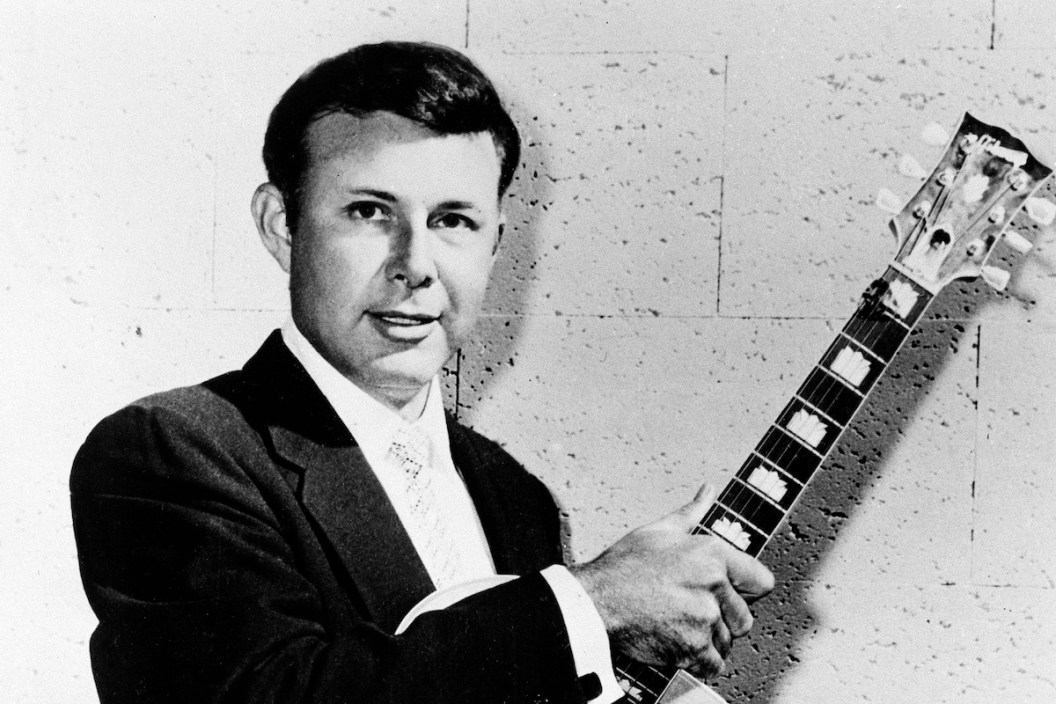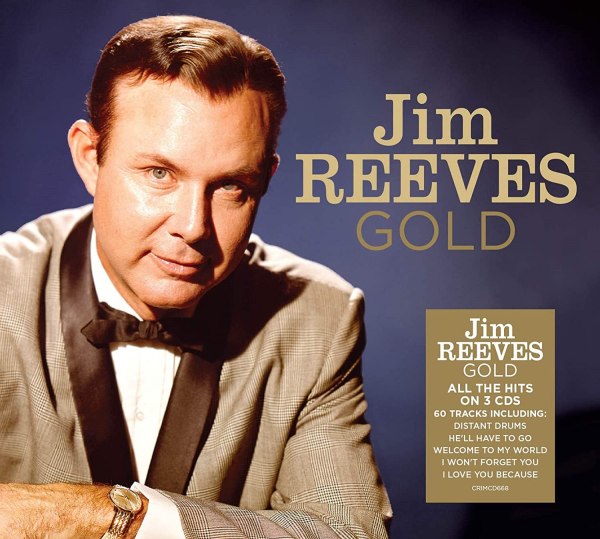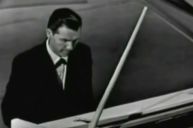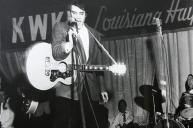If anyone in country music history qualifies as a class act, it's velvet-voiced crooner and songwriter Jim Reeves. From his late '40s stint as a radio star to his untimely plane crash death in 1964, few made country singers seem more accessible to pop taste-makers and high-class audiences.
Videos by Wide Open Country
Born James Travis Reeves on Aug. 20, 1923 in Galloway, Texas, the future hit-maker first flaunted his vocal talents as an announcer for country radio stations. That career followed a stay at the University of Texas on an athletic scholarship and a stint in the St. Louis Cardinals' farm system.
An Early Country Crooner
Like a lot of future Grand Ole Opry stars, Reeves got his big break on the Louisiana Hayride radio show. He first arrived in Shreveport as an announcer for the show's host station, KWKH-AM. Reeves finally got to perform live when a scheduled singer was late--it might've been Sleepy LaBeef or Hank Williams himself, depending on which source you believe.
Another key step toward stardom came when Reeves started fronting honky-tonk piano player Moon Mullican's band in Beaumont, Texas.
In the '50s, Reeves began one of the most prolific runs of hits in country music history as a star for both Abbott Records and RCA. His crooner-worthy voice and squeaky-clean "Gentleman Jim Reeves" image made him the ideal performer for early No. 1 singles "Mexican Joe" (1953), "Bimbo" (1954), the timeless "Four Walls" (1957) and the Roger Miller-penned "Billy Bayou" (1958).
Though he wasn't dominating the country charts in the same fashion as Webb Pierce and other honk-tonk legends, Reeves made waves while teasing the cosmopolitan future of the Nashville sound.
An Influential Voice of the Nashville Sound
Along with Eddy Arnold, Reeves was an ideal vocalist and established name ready to push pop-country into the 1960s. With RCA's in-house country producer Chet Atkins at the helm, Reeves' "He'll Have to Go" (1960), "Welcome to My World" (1964), "I Guess I'm Crazy" (1964) and other hits set the bar high for every baritone vocalist to follow.
During the early 1960s, Reeves enjoyed a level of international fame rivaled among American artists by only Elvis Presley. He was beloved enough in South Africa to record albums in the Afrikaans language, helped pack a sports area in Norway during a trip to Europe and dominated the charts in Ireland.
On July 31, 1964, Reeves and his manager and Blue Boys band mate Dean Manuel were killed in a Brentwood, Tennessee plane crash. He's buried in the East Texas town of Carthage. For his impact on country and pop music in and beyond the United States, Reeves was inducted into the Country Music Hall of Fame in 1967.
Read More: Meet Ernest Tubb's Talented Kids
A Source of Posthumous Hits
It could be joked that only 2Pac had more posthumous albums and hits than Reeves. Cuts from his Distant Drums album and other prior releases climbed the charts in 1965. Beyond that initial outpouring of grief and support, songs kept on charting for years to come. For example, two duets with Patsy Cline, "I Fall to Pieces" and "Have You Ever Been Lonely?", found success as late as 1982. With every greatest hits compilation came a hit that at least came close to the top 50, such as the 1976 single version of "I Love You Because."
This story was first published on July 31, 2018.






